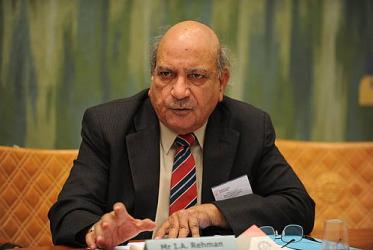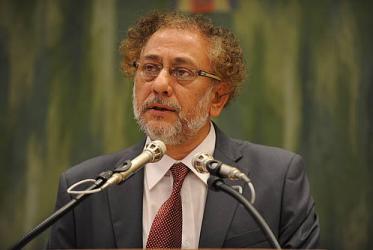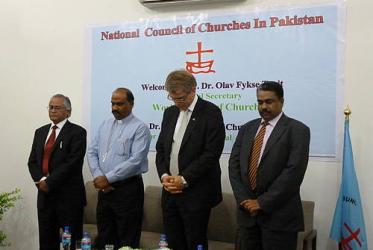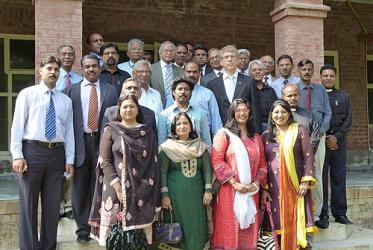Displaying 81 - 100 of 170
WCC public hearing debates “misuse of blasphemy laws” in Pakistan
17 September 2012
WCC adopts statements on contemporary public issues
12 September 2012
Tveit reports on churches’ work for justice and peace
29 August 2012
WCC to hold hearing on misuse of blasphemy law in Pakistan
02 August 2012
Church in Indonesia asks for freedom to worship
05 July 2012
WCC urges protection of religious minorities in Pakistan
23 December 2011
WCC calls for prayer and action in Somalia and South Asia
21 September 2011
Churches in Japan recover as ecumenical spirit shines
24 March 2011
Interfaith Harmony Week to be celebrated
31 January 2011
WCC Executive Committee issues statements on Myanmar, Nigeria and Sudan
21 September 2010














